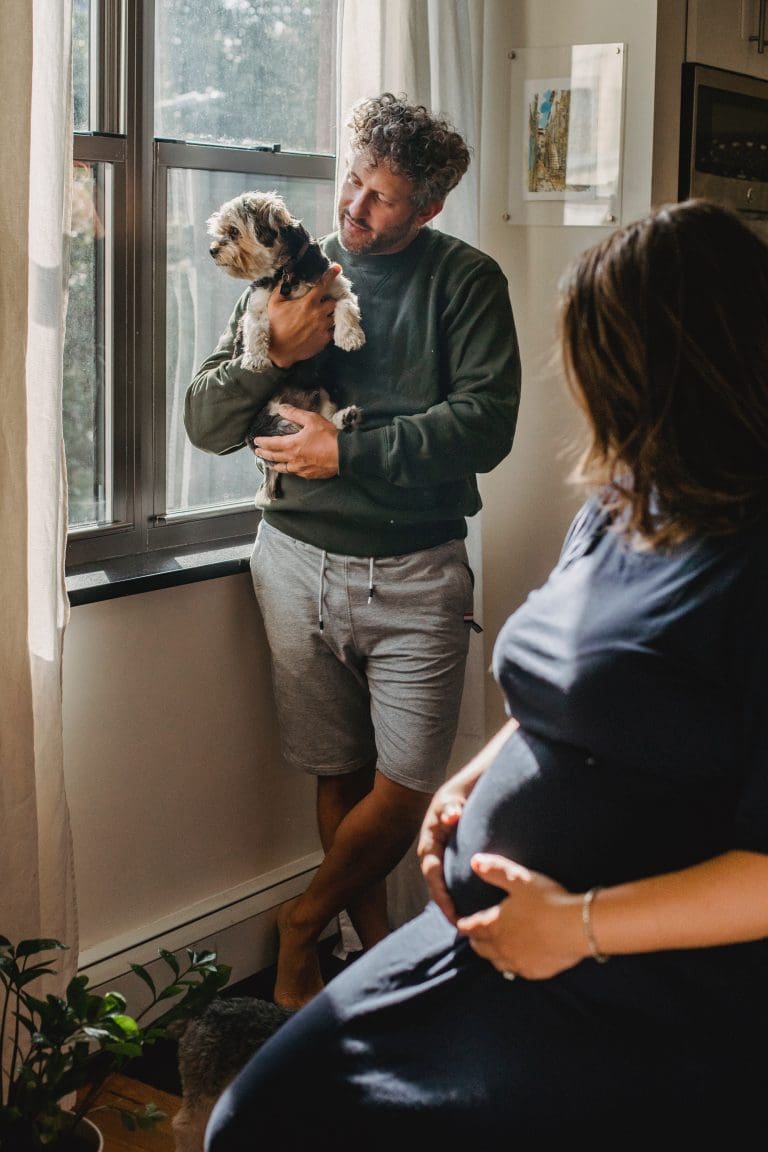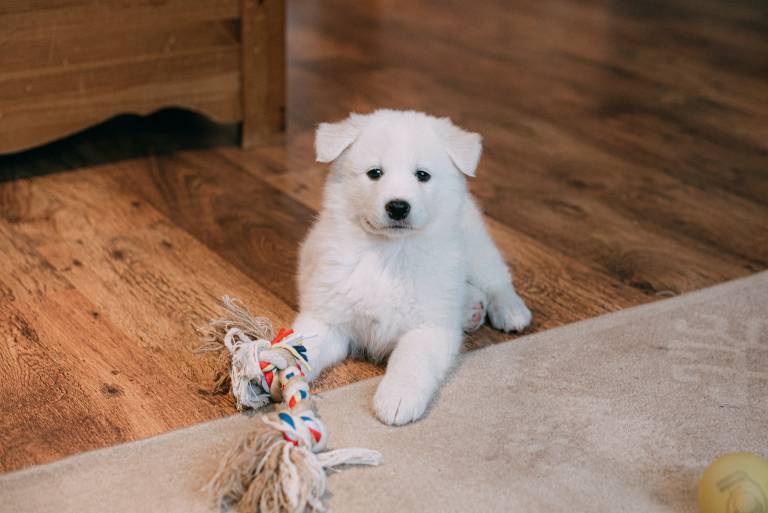What To Say When Someone’S Dog Dies?
Post Date:
December 10, 2024
(Date Last Modified: December 10, 2024)
The loss of a dog can be a heart-wrenching experience. Dogs are more than just pets; they are cherished family members who offer companionship and unconditional love. When a friend or loved one faces the death of their dog, it leaves a significant emotional void. Knowing how to express sympathy can feel daunting, but it’s essential to acknowledge their grief and offer support.
Validating Their Emotions
When a dog passes away, the emotions surrounding the loss can be intense. Your friend may grapple with feelings of sadness, anger, or guilt. Each individual’s response to grief is unique, making it crucial to approach the situation with care. A heartfelt expression of sympathy can provide much-needed comfort. For instance, saying, “I’m so sorry to hear about [dog’s name]. They brought so much joy to your life,” acknowledges the bond they shared.
Avoid downplaying their feelings with clichés like “At least they lived a long life” or “You can always get another dog.” While these remarks may be intended to console, they can come across as dismissive. Instead, affirm their emotions by saying something like, “I can’t imagine how hard this is for you. It’s okay to feel sad.” This encourages your friend to express their feelings without fear of judgment or pressure to move forward.
The Power of Listening
Being a good listener can be one of the most supportive actions you can take. Encourage your friend to share stories about their dog by asking open-ended questions, such as, “What were your favorite moments together?” This allows them to reminisce and celebrate their pet’s life. Sharing memories can be therapeutic, helping to ease the pain of loss and potentially sparking joyful conversations about the ways their dog enriched their life.
The Comfort of Presence
Sometimes, silence can be just as meaningful as words. If your friend prefers not to talk, simply being present can provide comfort. Sitting together, watching a movie, or taking a walk can be soothing. Let them know you are there for them, whether they wish to converse or share quiet moments. Your willingness to simply be there conveys that you care and respect the depth of their sorrow.
Sharing Personal Experiences
If you feel comfortable, sharing your own experiences with loss may resonate with your friend. Mentioning, “I remember when I lost my dog; it was incredibly difficult,” might help them feel less isolated in their grief. However, be mindful not to shift the focus entirely onto your experience. The aim is to offer comfort and understanding while honoring their feelings.
Thoughtful Gestures
Traditional gestures of sympathy, such as flowers and cards, can be meaningful, but consider offering something more personal. If you know your friend well, a thoughtful gift—a framed photo of their dog, a custom pet portrait, or a memory box to cherish special items—can provide a lasting reminder of the love they shared. These tokens can help them remember the happiness their dog brought into their life.
Continuing Support
Checking in on your friend in the weeks and months after their loss can make a difference. Grief doesn’t adhere to a timeline, and many individuals continue to feel its effects long after the initial shock has faded. A simple message or phone call asking, “I’ve been thinking about you. How are you holding up?” can demonstrate that you still care and are willing to support them through their grieving process.
Encouraging your friend to seek additional support can also be helpful. Some individuals find solace in support groups or online communities with others who have experienced similar losses. Suggesting, “Have you considered joining a pet loss support group? It can be comforting to connect with others who understand your feelings,” provides them with an option for a supportive space.
Respecting Their Journey
As time passes, your friend may contemplate bringing another dog into their life. This is a deeply personal decision that should never be rushed. If they express interest in adopting, offer to assist them in the process, saying, “Whenever you feel ready, I would love to help you find a new companion.” This shows that you honor their feelings while being there for them when they choose to open their heart again.
Understanding Grief
Grief is often non-linear, arriving in waves and hitting at unexpected moments. Patience and understanding are vital as your friend navigates their emotions. There will be days when they seem fine and others when the pain feels fresh. Consistent support can help them feel less isolated during this challenging time.
In addition to verbal expressions of sympathy, consider non-verbal gestures of kindness. Offering to bring a meal or help with household chores can alleviate some burdens associated with grief. These small acts of kindness show that you genuinely care for their well-being.
The Value of Your Presence
If you find yourself unsure of what to say, remember that simply being there can mean a great deal. A heartfelt “I’m here for you” can be immensely reassuring. Your friend may struggle to articulate their feelings, but knowing they have someone who cares can be a source of comfort.
Empathy is essential in these situations. Try to envision what would bring you comfort if you were in their position. The loss of a dog can feel isolating, and knowing that someone else understands their pain can provide significant solace.
Honoring Their Dog’s Memory
The bond between a person and their dog is unique and irreplaceable. Acknowledging that loss and providing support can make a meaningful difference for someone in mourning. As they begin to heal, they may reflect on the lessons their dog taught them about love, loyalty, and companionship. Encouraging them to write about their experiences or create a scrapbook filled with memories, photos, and stories can be a beautiful tribute to their dog’s life.
The journey of healing after losing a dog is often long and challenging. Your role as a supportive friend is invaluable. Being there to listen, share memories, and provide comfort can profoundly impact their experience. By offering your support and understanding, you help them navigate their grief and gently find a path back to joy, one day at a time.






